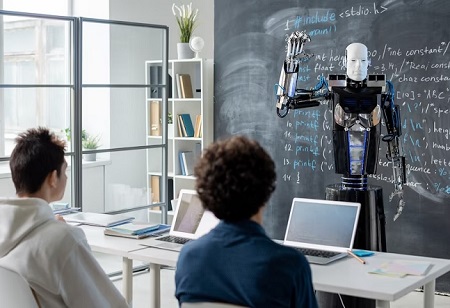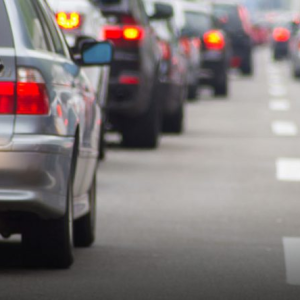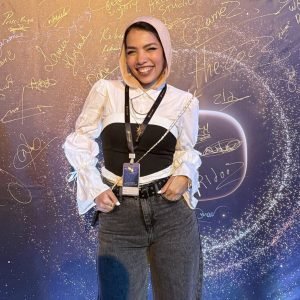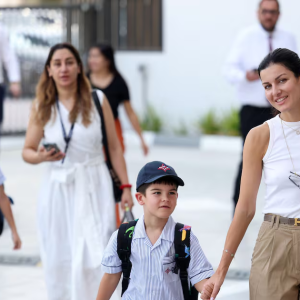In classrooms across the UAE, a quiet revolution is underway. Robot teachers and AI-powered platforms are stepping into the spotlight, changing how students interact with knowledge, how teachers approach their lessons, and how education is being shaped for the next generation. From the bustling halls of Dubai’s leading schools to new pilot programs in Abu Dhabi and Sharjah, AI is becoming an inseparable companion to traditional teaching methods, creating a more personalized, engaging, and hopeful learning experience for students.
A New Kind of Teacher
Imagine walking into a bright, cheerful classroom and being greeted by a robot that not only knows your name but also understands your favorite subjects, your learning style, and where you need a little extra help. This is not a scene from a futuristic movie — it’s happening right now in the UAE.
Robot teachers, often designed to be interactive and approachable, are becoming increasingly common in many educational institutions. Equipped with advanced machine learning algorithms, these robots analyze individual student performance and tailor lessons to match each child’s pace and preference. Some robots use gamified learning to make lessons more exciting, while others offer calm, supportive tutoring for subjects where students feel less confident.

More importantly, these robots are designed to be inclusive. Whether a child learns better through visuals, storytelling, or hands-on experiments, the AI adjusts its methods accordingly. This personalization ensures that no student feels left behind, creating a learning environment that embraces diversity in every sense.
Personalization: The Heart of AI Learning
Traditional education systems, no matter how well-meaning, often struggle to meet the unique needs of every student. In a classroom of 30 or more children, it’s challenging for even the most dedicated teacher to provide individual attention to all. This is where AI steps in and makes a real difference.

AI-powered robot teachers are capable of real-time data analysis. They identify patterns, strengths, and areas that need reinforcement for each student. Rather than forcing all students to move forward at the same pace, AI allows them to progress according to their own abilities. A student excelling in mathematics can dive deeper into complex problems, while another who needs more time with grammar can receive additional exercises and gentle encouragement.
The result? Students feel more empowered, more motivated, and more connected to their learning journeys. Personalization helps reduce anxiety, fosters a love for learning, and encourages a stronger sense of self-confidence in students from an early age.
Emotional Intelligence in a Robotic World
One of the most groundbreaking features of AI in education is its ability to read and respond to emotional cues. Today’s educational robots are not just cold, mechanical instructors; they are designed to recognize human emotions through facial expressions, voice tone, and behavior patterns.
If a student seems frustrated or stressed, the robot can adjust the lesson’s difficulty, offer supportive words, or suggest a short break. For younger students in particular, this sensitivity to emotions is crucial. It reassures them that making mistakes is a natural part of learning and that support is always available.
The UAE’s commitment to holistic education places emotional well-being at the center of its school programs. By integrating AI that understands and responds to human emotions, the country is ensuring that technology enhances compassion rather than replacing it.
Teachers and Robots: Partners, Not Competitors

One of the most beautiful aspects of this AI revolution in the UAE is the way human teachers and robot teachers are working together as a team. Rather than fearing that robots might replace them, many educators see AI as a valuable assistant.
Robot teachers handle repetitive tasks such as grading quizzes, tracking homework completion, or administering basic assessments. This frees up human teachers to focus on higher-level teaching activities: fostering creativity, leading group discussions, inspiring critical thinking, and building meaningful relationships with their students.
Professional development programs across the UAE are actively training teachers to work alongside AI, enhancing their skills and confidence. Instead of feeling replaced, teachers feel empowered, equipped with better tools to meet each student’s unique needs.
Ultimately, education remains a profoundly human experience — one that AI is enhancing, not diminishing.
Overcoming Challenges
As with any technological advancement, integrating AI into classrooms brings challenges that cannot be ignored. Concerns over data privacy, cyber-security, and the ethical use of student information are hot topics in educational circles.
Parents naturally worry about the amount of screen time their children are exposed to and question whether too much reliance on robots might stifle creativity or reduce human interaction. Schools are responding to these concerns by ensuring a balanced approach. AI is positioned as a supplement to traditional education, not a substitute for human connection.
Additionally, there is a growing effort to ensure that AI-powered education tools are accessible to students from all backgrounds. Making sure that technology doesn’t widen the gap between different socioeconomic groups is a priority for education leaders across the Emirates.
Educational institutions are continuously refining policies to create a safe, inclusive, and effective environment where AI can flourish without compromising ethical standards.
The Future: Limitless Possibilities
The journey has only just begun. The UAE’s ambitious educational vision includes plans to expand the role of AI even further. Future robot teachers might be able to offer multilingual support in real-time, guide students through immersive virtual reality experiences, or provide personalized career counseling based on a child’s natural aptitudes and interests.
Imagine a future where a child interested in space exploration receives tailor-made learning modules on astrophysics, simulations of space missions, and mentorship from AI systems programmed with expertise from top scientists. Another child fascinated by art could explore digital design, interactive history of world art movements, and personalized critiques from an AI trained in art history.
The possibilities are endless, and the UAE is uniquely positioned to lead this exciting future thanks to its strong investment in both innovation and education reform.
By blending tradition with cutting-edge technology, the country is crafting a blueprint for educational excellence that could inspire the world.
A New Dawn for Education
As robot teachers become trusted companions in the classroom, students in the UAE are gaining more than just knowledge — they are gaining confidence, resilience, and a sense of wonder about the possibilities of the future.
Far from replacing the human touch that makes education so powerful, AI is helping to expand it, offering more students a chance to be seen, understood, and encouraged.
In the UAE’s classrooms today, you can witness a beautiful collaboration between humans and machines — one that is shaping a brighter, smarter, and more compassionate future for the generations to come.
The smiling faces of children learning with their robot companions are a powerful reminder: education is evolving, and in the UAE, it is evolving with heart.
Read More: Get Ready for Magic: The Iconic Disney Store Now in Dubai Mall












